January 13, 2025. In the January 2026 session of Hot Topics in Practice, presenter Heather Hansen, a Health Education Specialist at Eastern Idaho Public Health, will provide an overview of the current landscape of youth vape products, and discuss how current awareness and education initiatives are encouraging youth to become peer leaders to teach vape prevention. By viewing this webinar, participants will learn about how to implement programs like CATCH My Breath and utilize other resources that can reduce the harms of youth vaping.
Learning Objectives
- Describe the harms and dangers of youth vaping
- Identify current youth vape
prevention awareness and education campaigns in Idaho
- Explain how to involve youth in peer efforts to advance vape prevention

December 9, 2025. In the December session of Hot Topics in Practice, presenters Em Trubits, PhD, Research Analyst at OHA, and Emily York, MPH, Program Analyst at OHA, will offer a first look at how this innovative policy is unfolding on the ground through new data collected from psilocybin service centers and clients of these services. By viewing this webinar, participants will learn how this new health and wellness option aligns with the state’s most pressing public health priorities.
Learning Objectives
- Understand the core functions of the Oregon Psilocybin Services (OPS) model
- Describe how psilocybin services align with Oregon’s public health priorities
- Explain how to access the OPS Data Dashboard and other resources on the OPS website

November 19, 2025. The November Session of Hot Topics in Practice will discuss policy codesign as a collaborative tool for public health teams, focusing on the levels of involvement, processes, and roles it involves. By viewing this webinar, participants will be better positioned to identify complex or difficult public problems that require the integration of multiple perspectives
Learning Objectives
- Explain the difference between Big P and little p policy
- Describe the principles of
collaborative policy development
- Identify situations that may be best suited for using policy codesign

October 28, 2025. The October session of Hot Topics in Practice will present a number of evidence-based communication practices to help public health practitioners anticipate rumors and draw from hands-on resources to confront them. By viewing this webinar, participants will be better prepared to make changes that can help ground health communication in greater transparency and trust.
Learning Objectives
- Describe key concepts in navigating the current health information environment
- List practical resources to address health rumors and foster trust
- Identify steps to address rumors
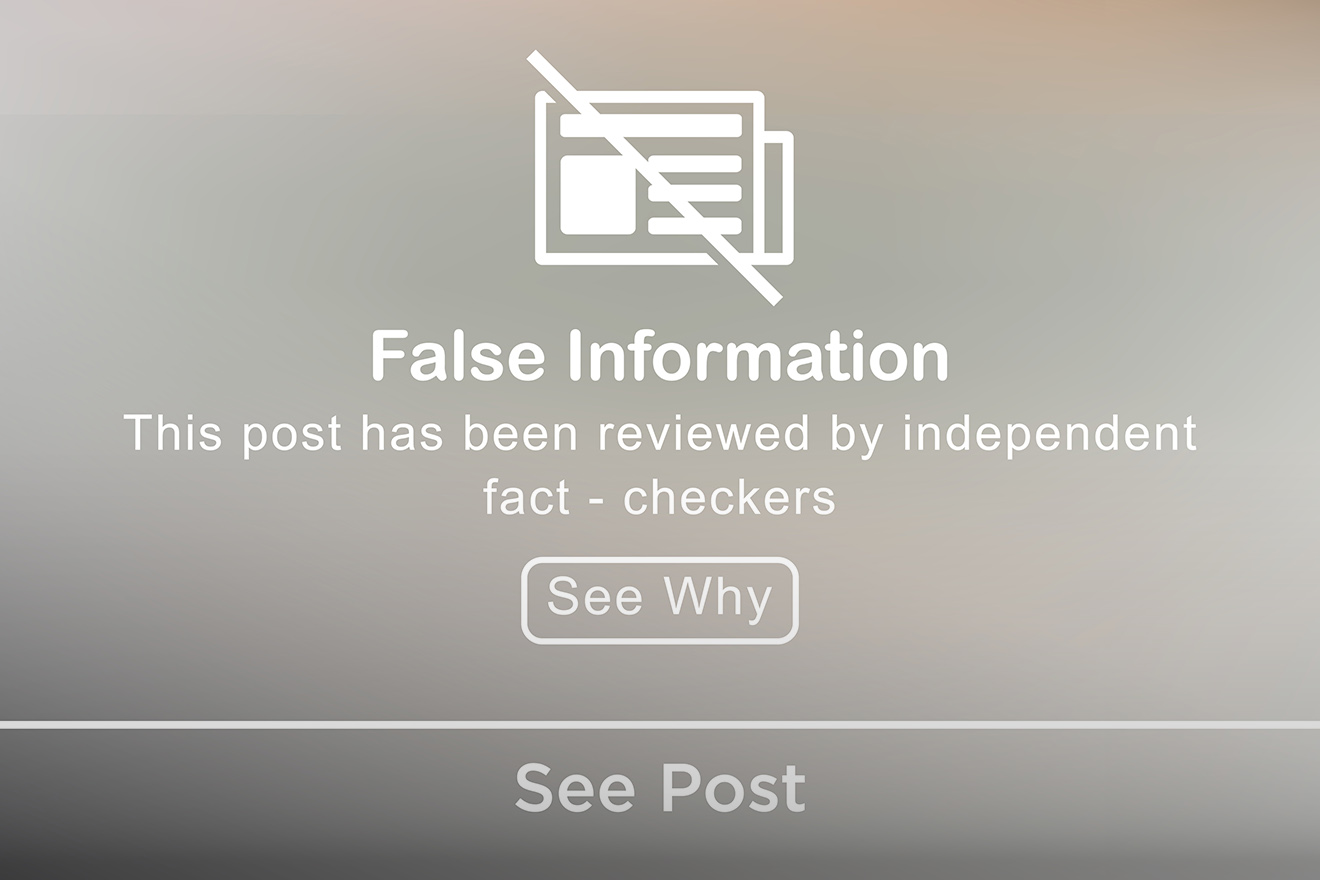
September 23, 2025
Learning Objectives
- Understand the similarities and differences between primary care and public health enterprises
- Review examples of short-term and long-term collaborative projects
- Explore potential opportunities for future projects and partnerships

June 24, 2025
The June session of Hot
Topics in Practice will examine the crisis of Missing and Murdered
Indigenous Relatives in Alaska and highlight the importance of data sovereignty
as a pathway toward justice and healing. Presenter Charlene Aqik Apok, PhD, MA,
will discuss how Indigenous communities are using data systems to document
harm, advocate for policy change, and assert their right to self-determination.
By the end of this one-hour webinar, participants will be better able to
recognize the scope and complexity of the MMIR crisis, understand the role of
data in shaping narratives and interventions, and increase their knowledge of
data sovereignty as a tool for public health and community empowerment.

May 27, 2025
The May session of Hot Topics in Practice will explore effective strategies for elevating health disparities in ways that elevate awareness, foster collaboration, and build consensus for change. The presenter will share new findings and recommendations from culture and communications research, including inquiries with rural Americans. By the end of this hour-long webinar, participants will be better equipped to avoid distracting or polarizing language, select and craft examples that point audiences to the historical factors contributing to health disparities, and learn other practical communication strategies to advocate for change.
Learning Objectives
- Identify and navigate mental models of health disparities that affect communication
- Use messages that open productive dialogue (and avoid polarizing or distracting ones)
- Access evidence-based resources for explaining the history behind health disparities

April 29, 2025
The April session of Hot Topics in Practice will
discuss the strategies utilized by Clackamas County to increase childhood
immunization rates through improving vaccine access. After
analyzing vaccine rates and interviewing key informants, NWCPHP provided
recommendations to promote vaccination practices through policy, partnership,
data, and communications. In this hour-long webinar, the presenters will discuss
the outcomes of the analysis conducted in partnership with NWCPHP. The
implementation of the recommended strategies has made a significant impact on local
efforts to ensure equitable vaccine access and increase childhood immunization
rates. By the end of the webinar, participants will be able to describe
potential implementation strategies to decrease vaccine hesitancy and increase
vaccine access.
Learning Objectives:
● Describe two potential strategies a local public health department could implement to help increase vaccine access.
● Describe how the increased cost and complexity of providing immunizations contributes to gaps in vaccine access.
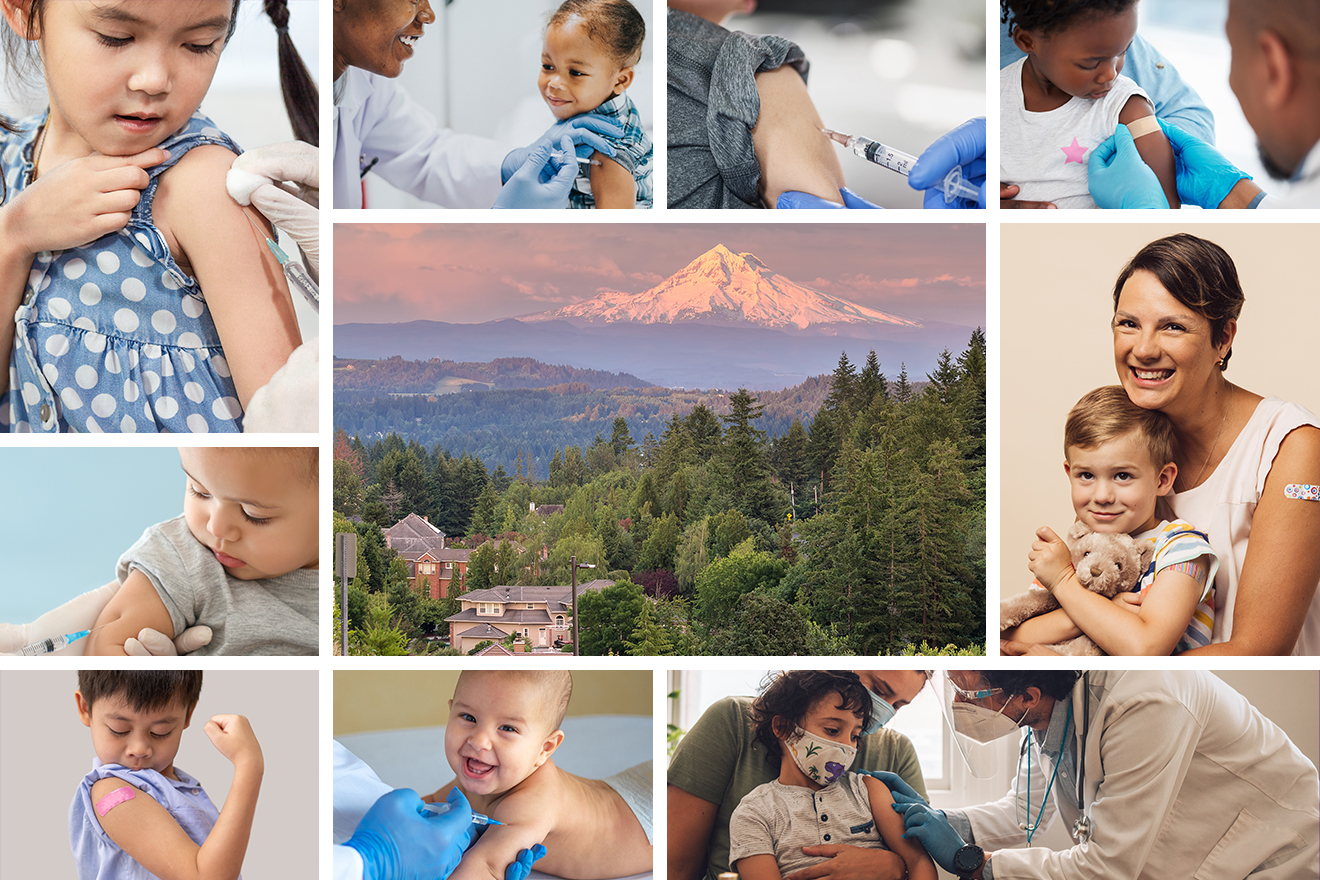
February 25, 2025
The February session of Hot Topics in Practice will discuss legal epidemiology methods used to measure how agricultural workers are differentially included in labor laws. Three labor protections– workers’ compensation, minimum wage, and overtime pay – were measured for inclusivity of agricultural workers across 39 states, to create a labor law equity index. In this hour-long webinar, the presenter will discuss the importance of understanding the status of laws to help monitor how labor protections shape health for agricultural workers across the country. States with higher scores indicate more inclusive or protective laws, while states with lower scores indicate fewer protective laws. By the end of the webinar, participants will be able to explain the ways agricultural workers have been historically excluded from labor protections and other workers benefits and have a better understanding of legal epidemiology as a field of study.
Learning Objectives
- Define and describe legal epidemiology as field of study.
- Explain agricultural exceptionalism, or the ways that agricultural workers have historically been excluded from labor protections that other workers benefit from.
- Discuss the differences in labor laws across 39 states for agricultural workers.
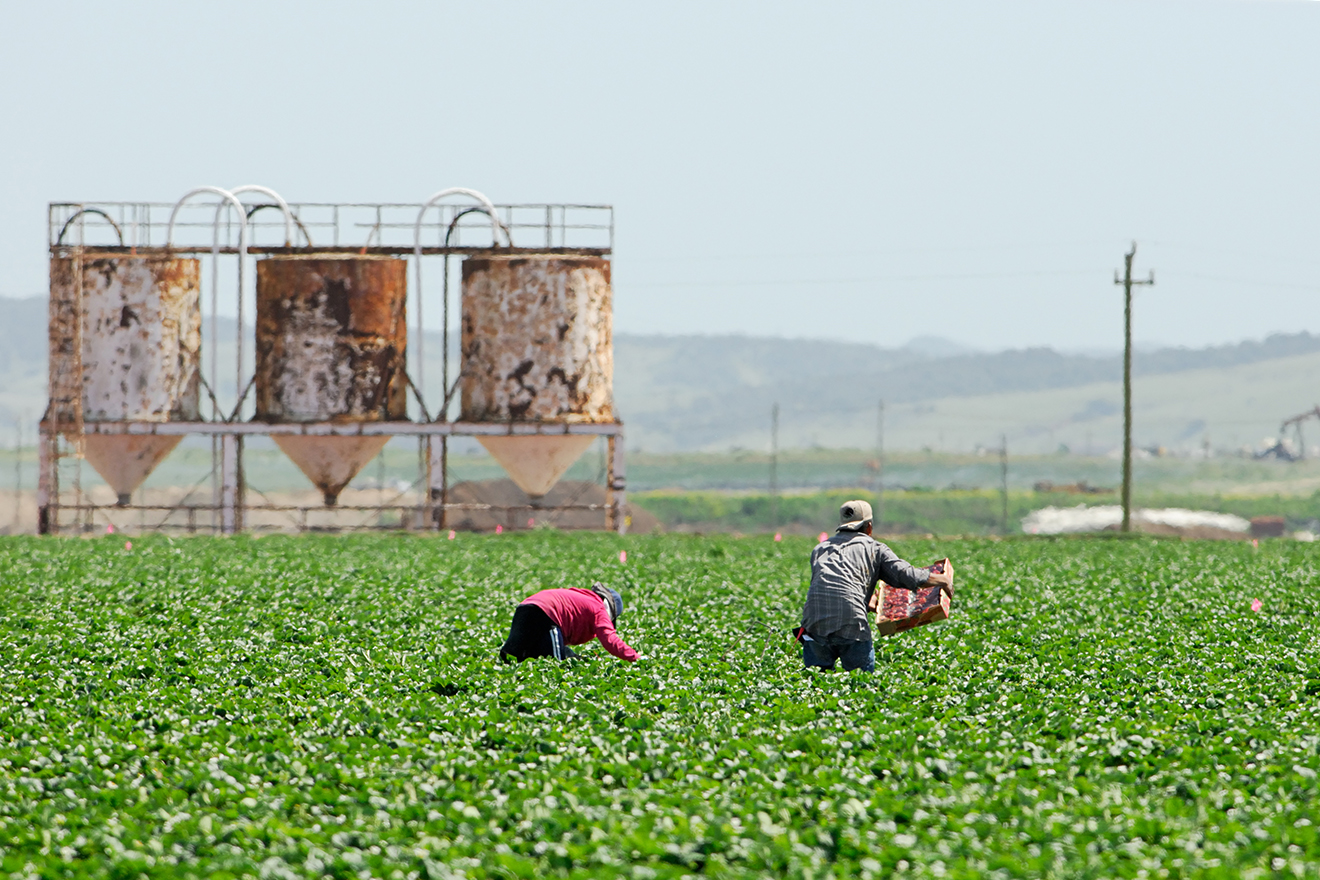
January 28, 2025
The January session of Hot Topics in Practice will discuss Oregon Health Authority’s role in the class action lawsuit against JUUL Labs. JUUL Lab’s intentional marketing of addictive vaping products to children started a vaping epidemic among youth. In this hour-long webinar, the presenter will discuss the court order and OHA’s plans for using the settlement funds. By the end of the webinar, participants will understand the court order severely limiting JUUL’s marketing and sales practices and OHA’s approach to better support youth cessation and prevention.
Learning Objectives
● Describe Oregon’s role in the Class Action lawsuit against JUUL Labs
● Understand the court order severely limiting JUUL’s marketing and sales practices
● Explore Oregon’s approach to using JUUL settlement funds

December 17, 2024
In this one-hour webinar, which is part of the Hot Topics series, the presenters (Cassandra Mohan, MSPH, Research Associate, and Seun Aluko, MPH, Lead Research Scientist, from the Population Health Innovation Lab (PHIL)) will the research behind the Equity Framework for Outbreak Response and Prevention in Healthcare Settings and offer guidance for how LHDs can work with healthcare facilities and the community towards implementing equity focused outbreak response and prevention interventions. By the end of the webinar, participants will be able to describe the concepts of health equity and have a better understanding of how to collect data and metrics that can inform outbreak response and prevention work.
Learning Objectives
- Describe the concepts of health equity and how they can be applied to outbreak response and prevention in healthcare settings
- Collect data and metrics that can inform outbreak response and prevention work
- Understand how to apply the Equity Framework and develop targeted interventions for the upcoming respiratory outbreak season
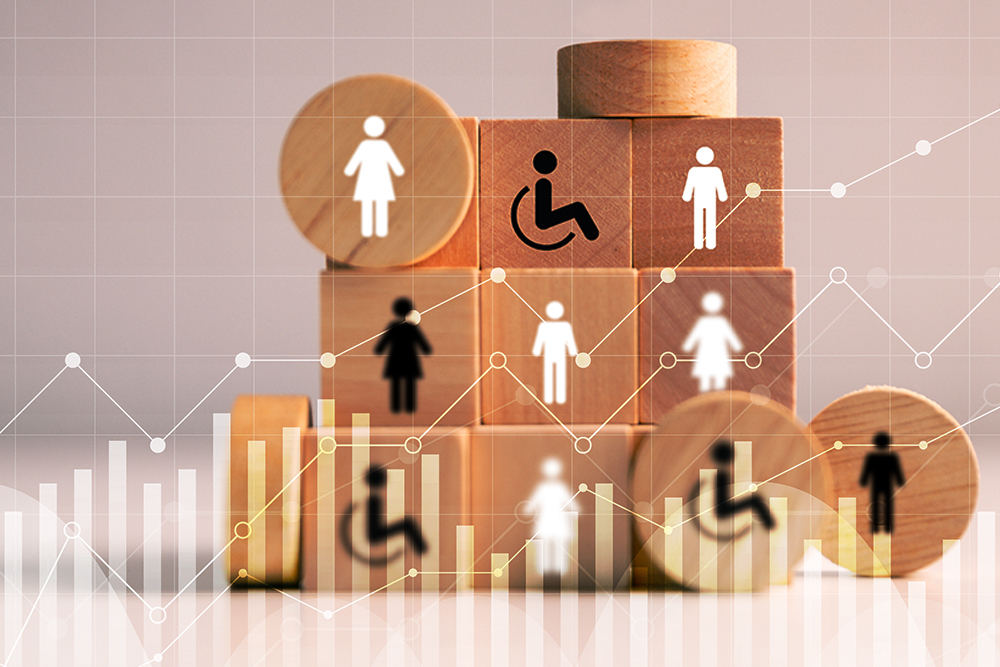
November 17, 2024. In this one-hour webinar, which is part of the Hot Topics series, Kat Kelley, Lead Analyst – Syndemics at NACCHO, S. Garrison Carruth, Public Health Administrator III at CDPH, and Sylvia Dziemian also from CDPH, will define syndemic approaches and highlight various strategies used by local health departments (LHDs) to address the syndemic. The presenters will also discuss how LHDs can advance syndemic approaches to more effectively address the intersecting epidemics of HIV, STIs, hepatitis, tuberculosis, and overdose. By the end of the webinar, participants will be able to identify common barriers that affect this work and identify strategies local health departments can use to address HIV, STIs, hepatitis, tuberculosis, and overdose.
Learning Objectives
- Define the term “syndemic” and describe the value of a syndemic approach for local public health
- Identify strategies local health departments can use to address HIV, STIs, hepatitis, tuberculosis, and overdose as a syndemic approach, and reference CDPH’s syndemic approach as a concrete example of syndemic implementation
- Describe common barriers that affect local health department’s ability to advance syndemic approaches.
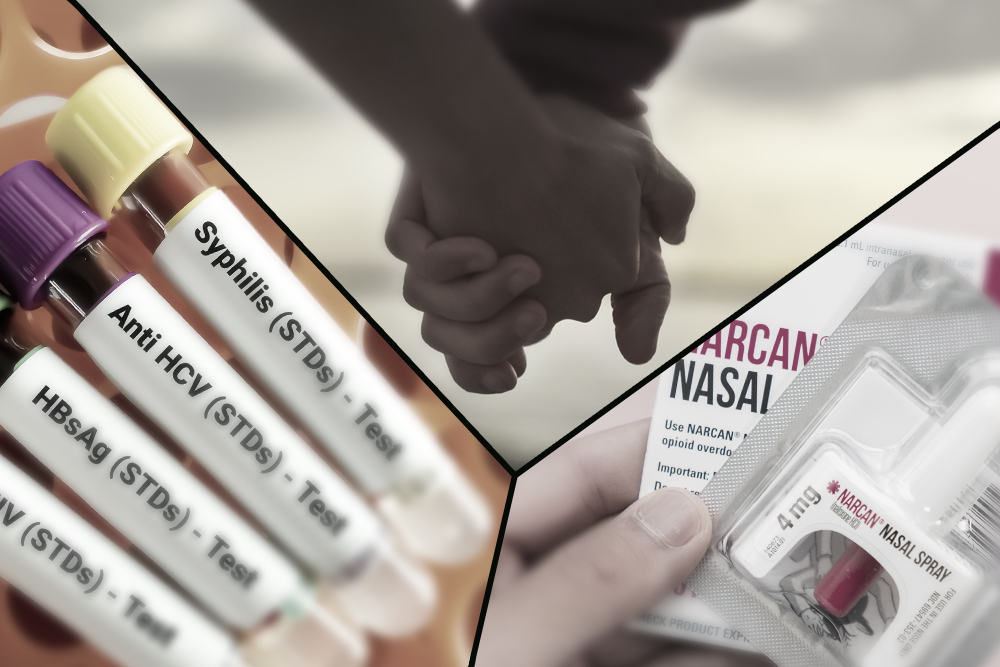
October 29, 2024. In this one-hour webinar, which is part of the Hot Topics series, Peter Rabinowitz MD, MPH, a Professor of Environmental and Occupational Health Sciences, Family Medicine, Global Health and Medicine at the University of Washington, and Heather Hill, RN, BSN, the Deputy Director to the Health Officer at Benton-Franklin Health District, will discuss how one local health jurisdiction has created a One Health Team and uses its concepts to connect work across all programs within the agency and community. They will cover both local applications and global developments of the One Health concept. The presentation will include a brief background on this initiative and some potential barriers to its efforts. The presenters will then share some ways to overcome these barriers and offer steps you can take to explore greater use of One Health.
Learning Objectives
- Explain the One Health concept and how it is relevant to public health practice in this region
- Describe three steps to implement One Health concepts at the local health jurisdiction level
- Describe statewide and regional applications of the One Health approach

September 24, 2024. In this one-hour webinar, which is part of the Hot Topics series, Gretchen Armington, MA, the Deputy Director of the Center for Innovative Diagnostics for Infectious Diseases (CIDID) at the Johns Hopkins University School of Medicine and the Program Director for I Want The Kit (IWTK), along with Alicia Edwards, MPH, CHES, the HIV/STI Communications Manager in the Syndemic Support Department at the Northwest Portland Area Indian Health Board (NPAIHB), and Cody Knight MPH, CPH, Program Manager on the Southern Plains Tribal Health Board will tell the story of STIs in Indian Country. The presentation will include a brief historical background of American Indian/Alaska Natives (AI/AN) in the United States, social determinants of health, the rates and locations of STIs in Indian Country, and the IWTK intervention. The presenters will also share some preliminary data on uptake to date, information on successes, limitations, and practical next steps.
Learning Objectives
- Discuss elements of the historical background of AI/AN populations in the United States, especially regarding health care.
- Identify rates and locations of STIs in Indian Country.
- Explain IWTK as a service and how it works for clients and health practitioners.
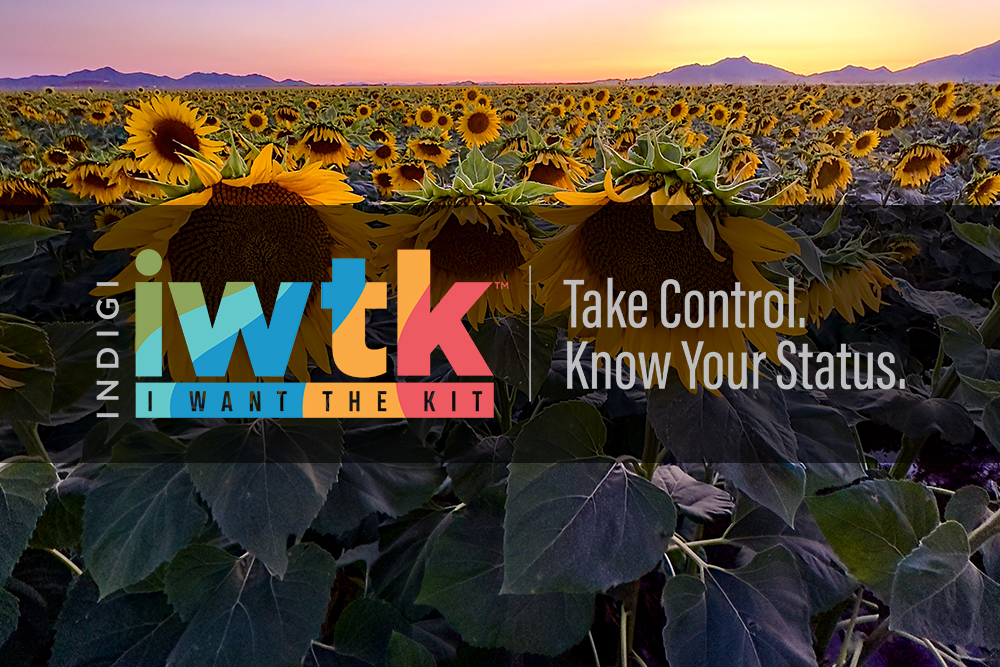
August 27, 2024. In this one-hour webinar, which is part of the Hot Topics series, Dr. Kristie Ebi, a professor at the University of Washington’s Department of Global Health and the founder of the Center for Health and the Global Environment (CHaNGE) at the School of Public Health, will explain how health adaptation and mitigation can reduce the current and projected burdens of climate-sensitive health outcomes over the short term, and examine potential emission and development scenarios into the next century. The presenter will also discuss sustainable development pathways, which could delay but not eliminate associated health burdens. By the end of the webinar, participants will be able to explain some of the health benefits associated with the key policies that aim to mitigate the effects of greenhouse gas emissions.
Learning Objectives
- Identify the major health risks of climate variability and change, including the sources of vulnerability to those risks
- Identify highly vulnerable populations domestically and globally
- Identify key interventions to promote climate-resilient and environmentally sustainable health systems
- Outline the health benefits of mitigation policies to reduce greenhouse gas emissions
